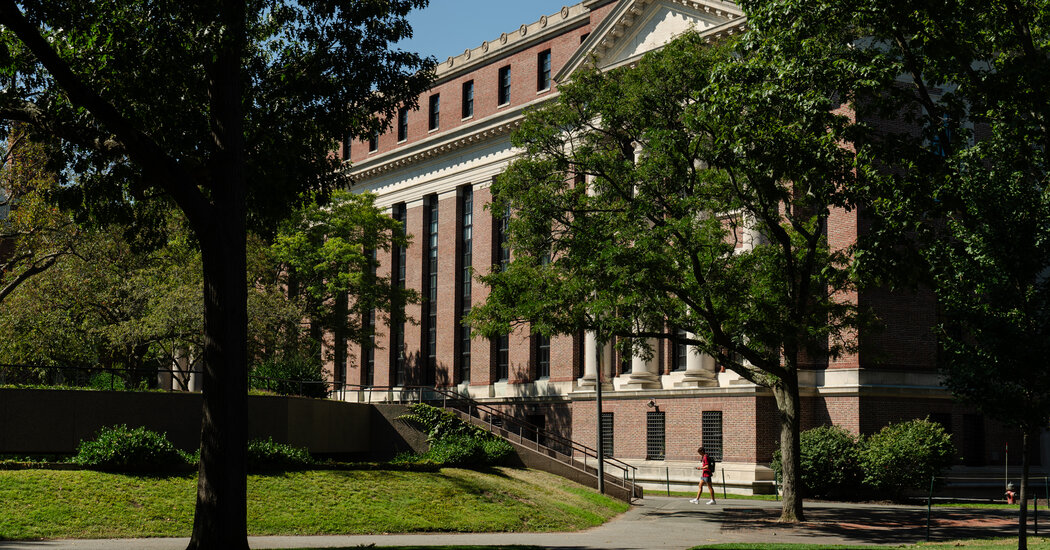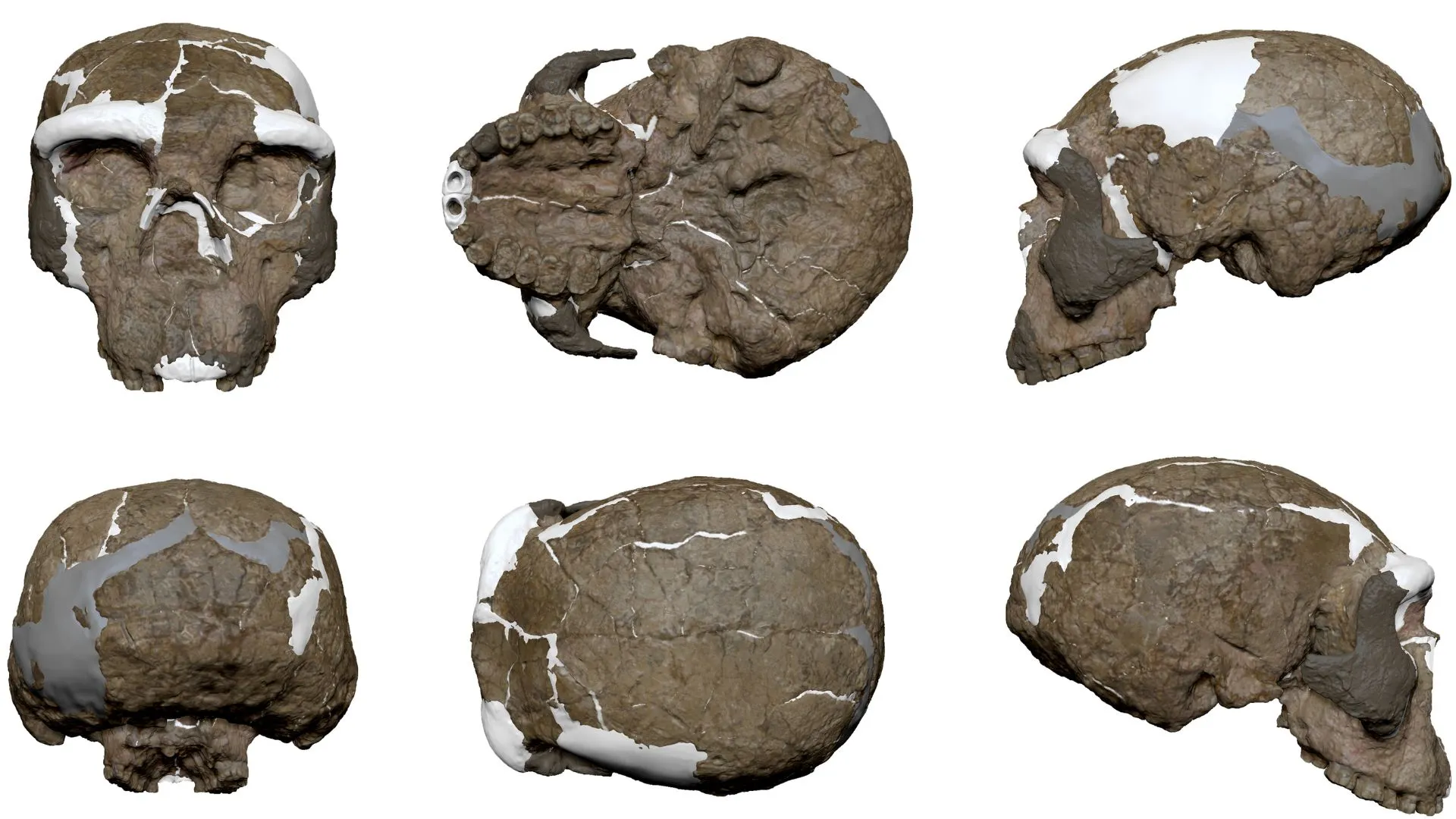
The Trump administration’s move this week to choke off Harvard University’s access to future federal funding came after a scathing letter from the university accusing the administration of relying on shoddy evidence to determine that the college violated civil rights laws by allowing antisemitism to persist on campus.
The brewing feud represents an escalation of tensions between Harvard and the administration, which just weeks ago seemed on the verge of agreeing on a deal to keep federal funds flowing to the university.
In a strongly worded, 163-page letter from Harvard on Sept. 19, which has not been previously reported, the university assailed the government’s findings that the college had violated federal civil rights laws. The university accused investigators at the Health and Human Services Department of relying on “inaccurate and incomplete facts,” failing to meet a single legal requirement to prove discrimination and drawing sweeping conclusions from a survey of one-half of 1 percent of the student body.
The stark language was a departure from months of mostly measured tones from Harvard as the university has resisted the administration’s pressure campaign to impose President Trump’s political agenda on the nation’s elite colleges.
The administration’s reply to Harvard’s letter came on Monday, when the health department initiated a process to cut off Harvard from future federal research funding, which has increasingly become the lifeblood for the nation’s largest private and public colleges. In 2022, the health department accounted for nearly 82 percent of $41.6 billion in federal funding for research into agricultural science, environmental science, public health and other life sciences, according to government records.
Blocking Harvard from this funding would strike at a pillar of the university’s financial stability. Federal research dollars accounted for 11 percent of the college’s operating budget in 2024, with a majority of that funding authorized by the health department and the National Institutes of Health, an arm of the department that has long been one of the world’s largest public sources of biomedical research funding.
Thank you for your patience while we verify access. If you are in Reader mode please exit and log into your Times account, or subscribe for all of The Times.
Thank you for your patience while we verify access.
Already a subscriber? Log in.
Want all of The Times? Subscribe.



